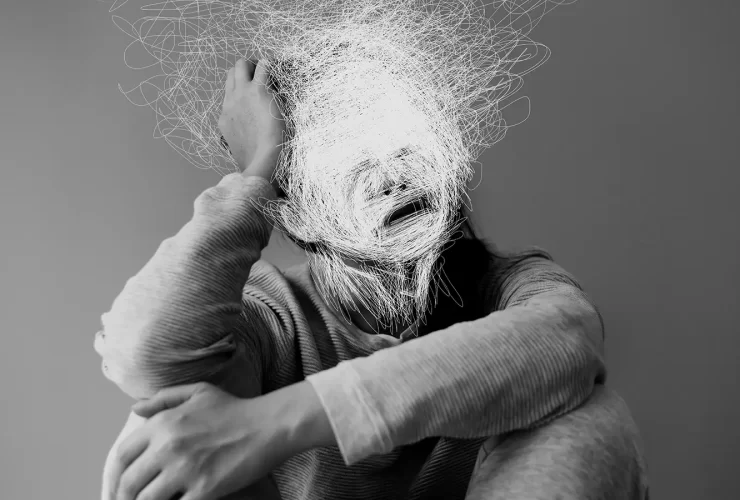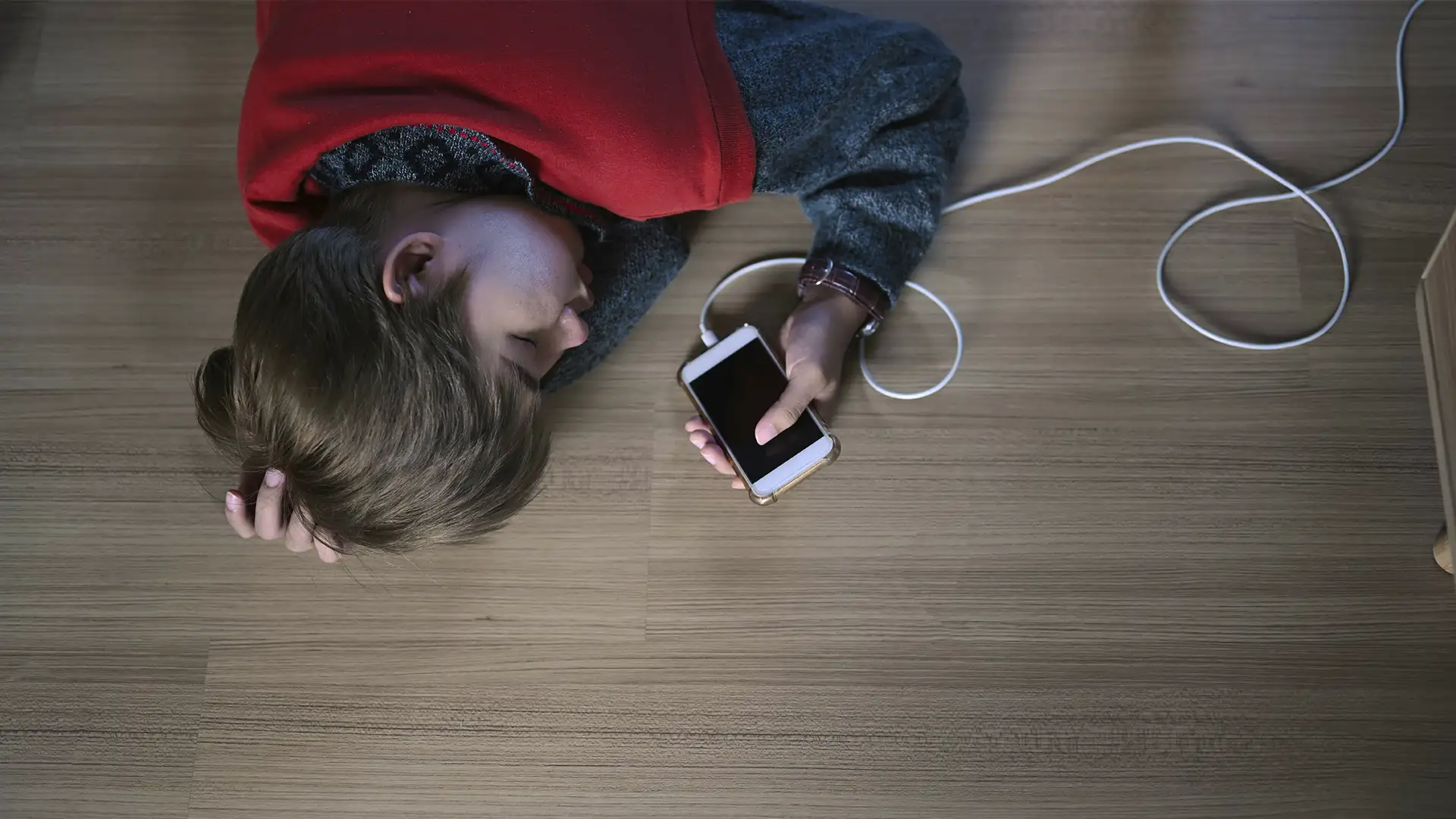There was a time when talking about mental health was almost a sin. Our grandparents and parents grew up in a world where expressing sadness, anxiety or depression was synonymous with weakness. “You just need to work harder!”, ‘You can get rid of that with a cup of coffee and a smile!’, ‘Nobody here has time to be sad!’, were common phrases, repeated over and over again, generation after generation.
We live in a world where screens are an unavoidable part of life. From smartphones and tablets to laptops and TVs, digital devices have become essential to our daily routines. While technology has its benefits, like keeping us connected and entertained, it’s also taking a toll on our mental health.
In recent years, virtual reality (VR) technology has emerged as a powerful tool in the field of mental health therapy, offering new avenues for treating a wide range of conditions, from anxiety and PTSD to phobias and beyond.

























